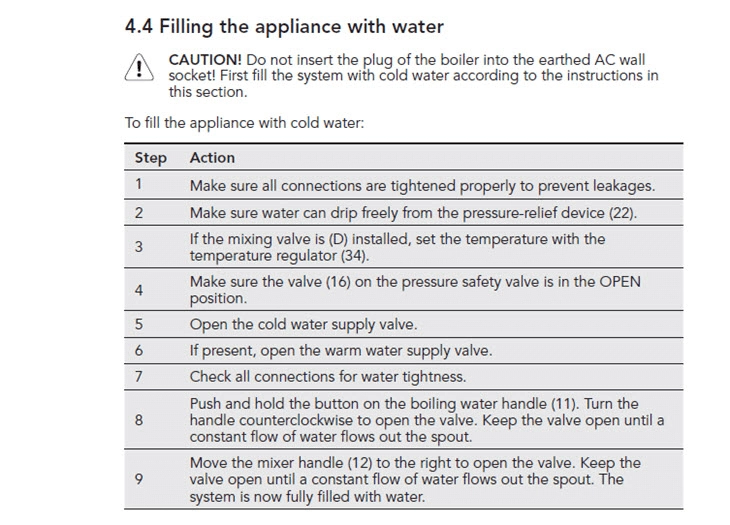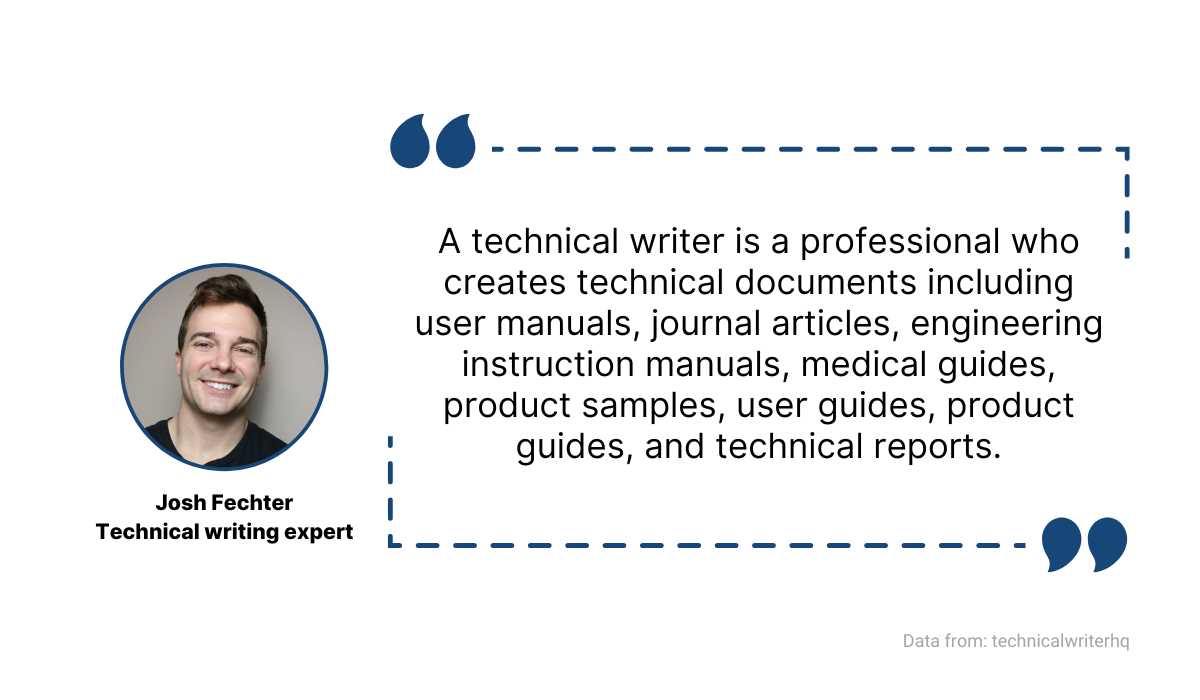
The creation of comprehensive guides for products or services is a specialized skill that requires a unique blend of technical knowledge and clear communication. These professionals play a crucial role in ensuring that end-users can effectively utilize complex tools, software, or equipment. As companies continue to innovate and expand their product offerings, the demand for these experts is growing.
The compensation for individuals in this field varies widely, influenced by a range of factors. These include the industry they work in, their level of experience, and the specific demands of the projects they undertake. Understanding the earning potential in this profession is essential for both newcomers and seasoned experts looking to evaluate their career trajectory.
This article delves into the financial rewards associated with this profession, providing insights into how different elements, such as location, industry, and expertise, impact earnings. Whether you’re considering entering this field or are already a part of it, understanding the financial landscape is key to making informed career decisions.
Understanding the Role of a Manual Writer

The role of a content developer in technical documentation is crucial to bridging the gap between complex processes and end users. These professionals transform detailed technical information into clear, accessible content that guides users through tasks efficiently. Their work ensures that products and systems are easily understood by a wide audience, regardless of their technical expertise.
Key Responsibilities
- Analyzing technical content and breaking it down into understandable segments.
- Collaborating with engineers, developers, and product teams to gather accurate data.
- Crafting user-friendly guides that cater to diverse audiences.
- Reviewing and revising content based on user feedback and product updates.
Skills and Qualifications
- Strong ability to translate complex ideas into simple language.
- Excellent written communication skills.
- Attention to detail in ensuring accuracy and clarity.
- Familiarity with various content management tools and platforms.
Key Factors Influencing Technical Writer Earnings

Several elements contribute to the financial compensation received by professionals in the field of creating technical content. These factors encompass the level of expertise, industry demand, geographical location, and the complexity of the tasks at hand.
Experience plays a significant role in determining compensation. Professionals with years of practice and a robust portfolio tend to command higher pay. They often possess advanced skills in conveying complex information clearly and concisely, which is highly valued by employers.
Industry demand is another crucial aspect. Sectors like technology, engineering, and healthcare often require specialized content creators who understand intricate subject matter. This need for specialization can drive up compensation, especially in rapidly evolving industries where up-to-date knowledge is essential.
Geographical location also impacts earnings. Professionals working in regions with a higher cost of living or in areas with a concentration of high-tech industries often receive better pay. Additionally, remote work opportunities have broadened the possibilities for higher compensation, allowing individuals to work for companies in regions with more lucrative markets.
Finally, the complexity of the work assigned influences financial rewards. Tasks that involve creating documentation for highly technical or niche products typically require a deeper understanding and more precise communication, which can result in higher compensation.
Geographic Variations in Instruction Manual Writer Pay

The remuneration for professionals involved in technical documentation can vary significantly depending on the location. Factors such as the cost of living, regional demand for specialized skills, and local industry presence all contribute to these differences. Understanding how these variables influence earnings across different regions is essential for both job seekers and employers.
Factors Influencing Regional Pay Differences
Several key factors contribute to the regional disparities in compensation for those engaged in technical documentation. In areas with a high concentration of technology companies or manufacturing hubs, the demand for skilled professionals often leads to higher wages. Conversely, in regions where these industries are less prominent, compensation may be lower due to reduced demand. Additionally, the cost of living in a particular area plays a significant role; cities with higher living expenses generally offer higher salaries to offset these costs.
Comparison of Earnings by Region

The table below provides a comparison of average earnings in various regions, highlighting the disparities in compensation across different locations.
| Region | Average Annual Pay |
|---|---|
| West Coast (USA) | $75,000 |
| Midwest (USA) | $60,000 |
| East Coast (USA) | $70,000 |
| Southern Europe | €45,000 |
| Northern Europe | €60,000 |
| Asia-Pacific | $50,000 |
These figures illustrate the significant variations in compensation depending on the geographic area, underlining the importance of considering location when evaluating job opportunities in this field.
Entry-Level Salaries for Documentation Specialists

Starting careers in technical documentation often involves understanding the financial aspects of the role. Entry-level professionals in this field are compensated based on a variety of factors, including geographic location, industry, and educational background. These positions typically provide competitive pay, reflecting the specialized skills required to succeed in the documentation domain.
The table below outlines the typical entry-level earnings for documentation specialists across different regions. It is important to consider that these figures can fluctuate depending on the cost of living and demand within specific areas.
| Region | Average Starting Compensation |
|---|---|
| North America | $45,000 – $55,000 |
| Europe | €35,000 – €45,000 |
| Asia | $30,000 – $40,000 |
| Australia | AUD 50,000 – AUD 60,000 |
| South America | $20,000 – $30,000 |
How Industry Affects Technical Writing Compensation

The financial rewards for creating specialized documentation can differ significantly across various sectors. The industry in which a professional operates plays a critical role in determining their earnings. These variations are influenced by the complexity of the subject matter, the level of detail required, and the demand for precise, clear, and user-focused documentation.
For example, the technology and software sectors often offer higher compensation due to the rapid pace of innovation and the need for accurate, comprehensive descriptions of complex products. Conversely, industries with less technical complexity or those with standardized practices may provide lower financial incentives. The level of regulatory oversight also impacts earnings, as fields with stringent compliance requirements, such as healthcare or finance, necessitate a higher degree of precision and expertise, thus commanding higher pay.
Moreover, the market demand for specialized content in certain industries can drive up compensation. Sectors experiencing growth or undergoing significant transformations typically offer more lucrative opportunities for professionals who can effectively communicate intricate concepts to a broad audience. In contrast, industries with slower growth or less technical demands might not offer the same level of financial reward.
Trends in Manual Writer Salary Growth
In recent years, the compensation trends for professionals engaged in creating technical content have shown significant shifts. The evolution of job roles and increasing demand for specialized knowledge have led to notable changes in how these experts are rewarded for their contributions. Understanding these trends provides insight into the broader market dynamics and highlights the growing importance of expertise in this field.
Factors Driving Compensation Growth
- Technological Advancements: The rise of new technologies and digital platforms has increased the complexity and scope of the work, driving up the value of skilled professionals.
- Specialization: Professionals with expertise in niche areas or advanced technical subjects command higher pay due to their specialized knowledge.
- Increased Demand: As more industries recognize the need for detailed and precise documentation, the demand for skilled individuals in this field continues to grow.
- Geographical Variations: Compensation levels can vary significantly based on location, with urban centers and regions with high living costs often offering higher remuneration.
Future Outlook

Looking ahead, the trend towards higher compensation is expected to continue as industries further integrate technology and require more sophisticated documentation. Professionals in this sector should anticipate ongoing increases in pay scales and opportunities for career advancement as their expertise becomes increasingly valuable.